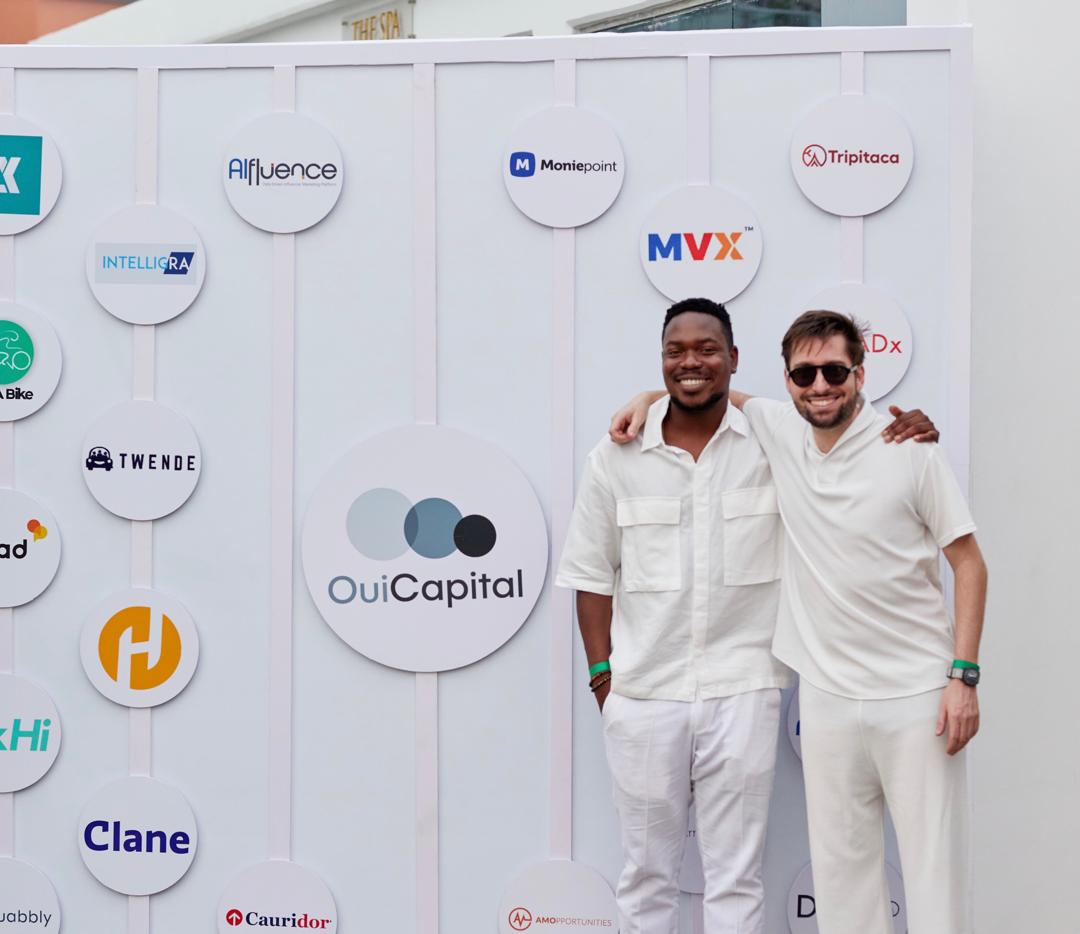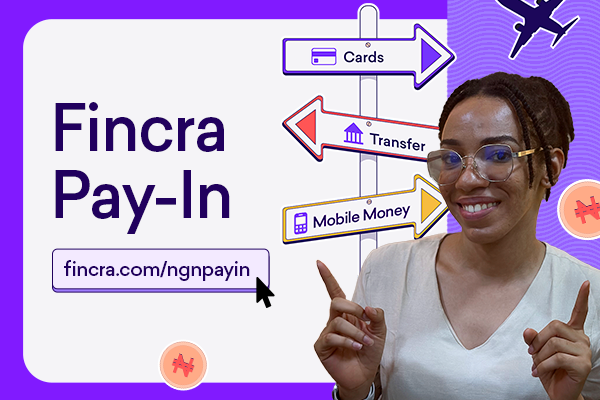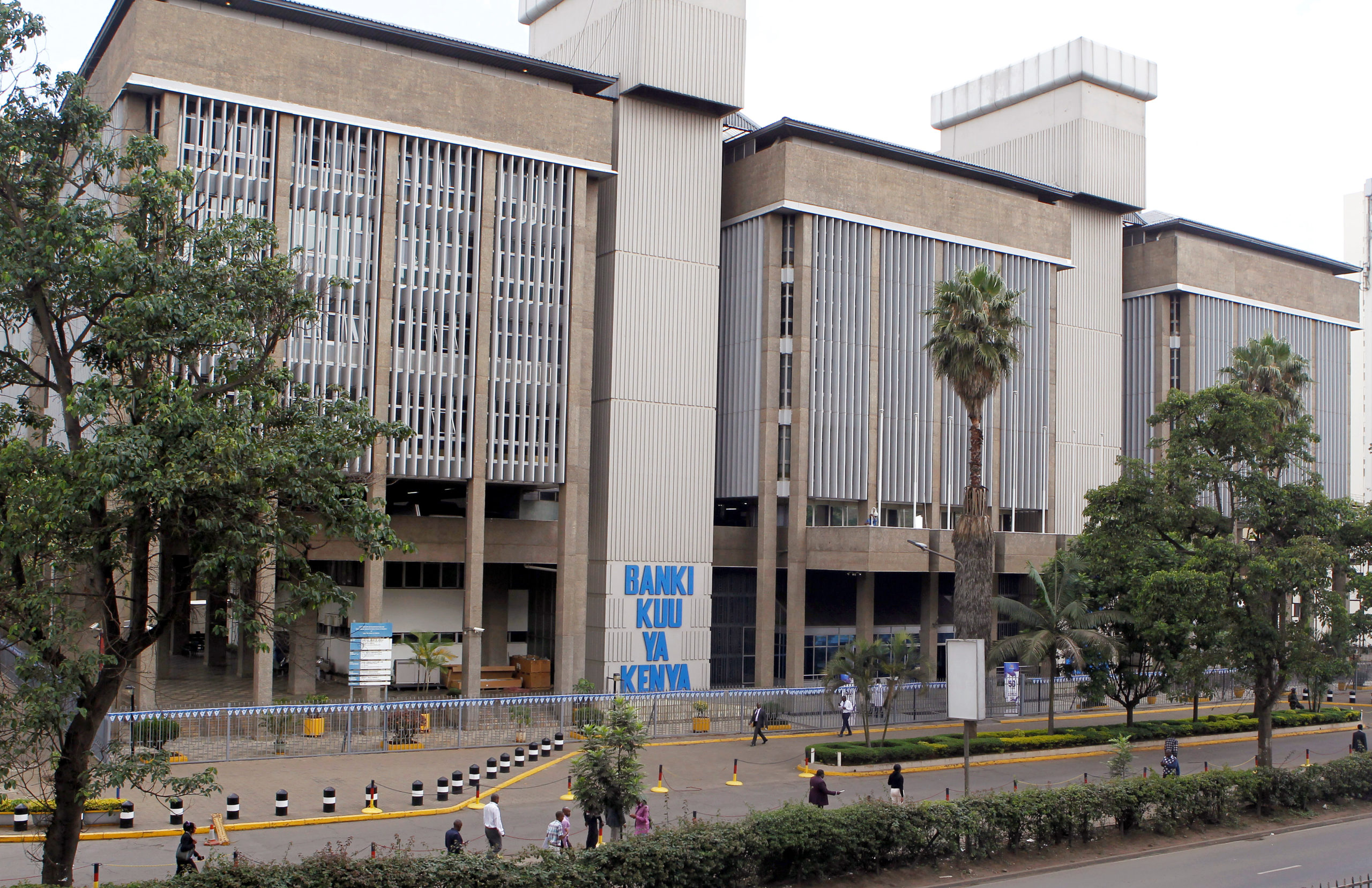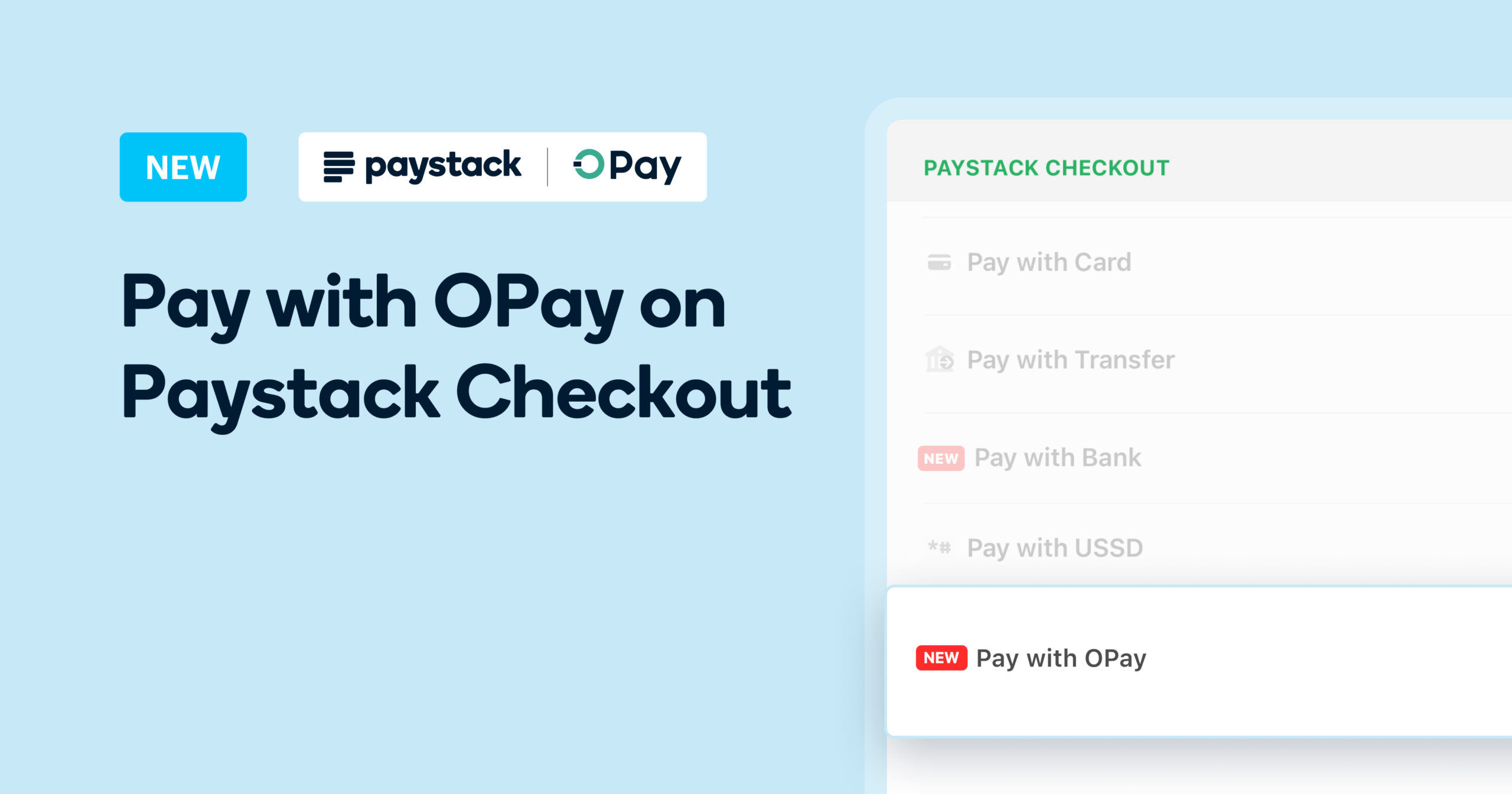

Good morning 
We’re still open to applications for features.
We’re seeking deeply reported features on innovative startups, the business of tech, policymaking around innovation, and the intersection of culture and technology all across Africa.
Send a pitch to kay@bigcabal.com. For more on what to include in your pitch, please check out our pitch guide.

Venture Capital
What kind of exit should make a headline? Oui Capital’s 53x win on Moniepoint

What kind of exit should make a headline? 50x, 100x or 2,000x? Don’t rack your brain too much because my editor swears you should never ask the reader too many questions.
Since we’re breaking all my editor’s rules, I’ll hit you with numbers. Consider this: Naspers made a $32 million investment in Tencent in 2001 that returned something like $100 billion. If your math is wonky, that’s a 3,200x return. Facebook’s earliest backers (hello, Peter Thiel) made about 2,000x on their investments. Now, go ahead and relive that moment you almost bought Bitcoin at $20,000 but didn’t. We’ll wait.
While those numbers make Silicon Valley look like a sure thing, some of Africa’s exits have happened—albeit with more secrecy.
Enter Oui Capital. This early-stage African VC made a modest $150,000 bet on Moniepoint (initially called TeamApt)—a fintech startup that, at the time, was just another hopeful in a crowded market.
As managing partner Olu Oyinsan recalled of founder Tosin Eniolorunda, “His understanding of banking technology stack and payment infrastructure was impressive. I knew he was up to something exciting.” Convinced that Moniepoint’s $12 million post-money valuation was a bargain, Oui Capital bet on the team’s engineering prowess to solve high transaction failure rates.
Again, think of when your favourite coin was at $2,000—you blinked and missed the ride.
Fast-forward a few years: Moniepoint reaches unicorn status with a valuation north of $1 billion and raises a cool $110 million in its Series C round. Oui Capital sold some shares in a secondary transaction, turning their initial seed into roughly $8 million—a jaw-dropping 53x return that returned their debut fund 2x and left investors blushing. Secondary transactions, by the way, occur when existing shareholders sell their shares to another investor, rather than the company issuing new ones.
This isn’t just about avoiding failure; it’s a compelling argument for supporting VCs who genuinely understand the African market. While Silicon Valley investors pop champagne over exits that break the internet, African players like Oui Capital show that success doesn’t need flashy headlines but conviction and local insight. Their story proves that sometimes the right investments, made with an in-depth understanding of local dynamics, can yield outsized returns.
So next time you’re crunching exit multiples and wondering what kind of exit should make a headline, remember: the biggest wins might just come from “small bets” in Africa. Now, drink some water, get back to work, and let this story remind you that game-changing exits are possible when you invest with local expertise.
If you’ve made 53x, please skip this story. If you haven’t, fix up, stat: You can read our in-depth article here.
Collect payments Fincra anytime anywhere 

Are you dealing with the complexities of collecting payments in NGN, GHS or KES? Fincra’s payment gateway makes it easy to accept payments via cards, bank transfers, virtual accounts and mobile money. Get started now.
Banking
Kenyan banks expect defaults on personal loans in Q1 2025

The long-winded talk around lending rates in Kenya do not appear to have an end in sight.
Kenyan commercial banks say they expect to see higher loan defaults in Q1 2025 due to the reduced disposable income of Kenyans. This will push banks to tighten credit guidelines for borrowers in the real estate, personal, and household sectors, as they fear a repeat of 2024’s surge in non-performing loans.
Kenya’s inflation has been accelerating over the past three months, surging by over 50 basis points (bps) from 2.75% to 3.28% since November 2024, adding to the financial strain on households. Despite this acceleration, the CBK has cut benchmark interest rates four consecutive times since August 2024, as the rate remains within its target range. The apex bank has also urged commercial banks to lower their lending rates as it tries to stimulate economic activity and ease the burden on borrowers.
In December 2024, no commercial bank—except for Access Bank Kenya, which maintained a rate lower than its peers—had reduced lending rates. However, a few banks began complying after the Kenya Bankers Association (KBA), which represents 46 banks, agreed to lower rates. To hasten banks up, the CBK threatened to impose daily fines for non-compliance. In January, more Kenyan commercial banks started lowering lending rates, signalling a gradual alignment with the CBK’s goals.
Tightening credit guidelines around borrowing will reduce the risk of incurring bad loans. With this, banks can filter the wheat from the chaff in their credit risk evaluations. Historically, banks have leaned on Credit Reference Bureau (CRB) reports, risk-based pricing, and sector-specific exposure limits to manage lending risks.
However, opportunities still exist for borrowers with solid financial histories or innovative business models to negotiate better terms or access alternative financing. This creates a more balanced lending environment where banks’ financial books don’t suffer, and borrowers with high credit ratings gain a pathway to grow businesses in asset-financing sectors that rely on Kenyans being creditworthy.
You can now Pay with Opay on Paystack Checkout

Paystack merchants in Nigeria can now accept payments from over tens of millions of OPay users through Paystack Checkout. Find out more here→
Banking
Investor confidence drives Nigerian banking rally

Nigerian banking stocks are on fire. Since January 7, the NGX Banking Index has surged 12.24%—all thanks to a capital-raising drive that saw major lenders raise over ₦1 trillion (about $662 million) from the stock market.
The rally is driven by renewed investor confidence, aggressive recapitalisation, and sweeping economic reforms. In March 2024, Nigeria’s Central Bank (CBN) raised minimum capital requirements tenfold (excluding retained earnings), and with a 2026 compliance deadline looming, banks have wasted no time tapping into the equities market. GTCO has already raised ₦209 billion ($138.4 million), while Zenith Bank pulled in ₦350.4 billion ($232 million). Other banks have also secured fresh capital, with some expected to circle back for round two.
Foreign investment is slowly trickling back in, aided by currency reforms and improving market stability. Nigeria’s sovereign risk spread has fallen to its lowest level since January 2020, erasing the pandemic premium that once loomed large.
Analysts caution that while Nigerian banks are better positioned for growth, don’t expect any major fireworks just yet. Broader economic stability and clearer regulatory guidelines will ultimately decide whether these gains are here to stay—or merely a seasonal cheer.
With regulatory uncertainty still in play, investors are watching every move. One thing’s for sure: Nigeria’s banks aren’t slowing down, and if they keep picking up capital at this pace, even the skeptics might have to raise a glass.
Expand with Cedar Money

Expand your business globally with Cedar Money! Our cross-border stablecoin solutions offer fast, secure, and reliable transactions, simplifying payments and fueling growth. Unlock seamless global trade today. Visit www.cedar.money to get started!
Telecoms
Airtel Nigeria raises voice and data tariffs by 50%

Airtel Nigeria, the country’s second-largest telecoms operator, has raised its voice and data tariffs by 50%. This comes one week after MTN Nigeria, the largest telecoms in the country, raised internet prices following the 50% tariff hike approval by the Nigerian Communications Commission (NCC), the sector’s regulator, in January 2025.
In TC Daily’s edition for February 12, we argued that MTN Nigeria’s price increase created a market opportunity for other telecom operators, such as Airtel Nigeria and Globacom, to wait it out and funnel new active users to their networks. The MTN Nigeria hike meant other operators offered cheaper internet deals, which many Nigerians with heavy internet usage prefer.
However, Airtel Nigeria has raised prices quicker than we recited the alphabet. Surprisingly, the telecom operator didn’t stick to the planned gradual increment approach it proposed before the hike approval. Going a step further, Airtel also raised voice call charges to a flat rate of 25 kobo per second—a service that saw an 11.2% year-on-year (YoY) revenue growth in Q3 2024 for its group company. Given the surging demand for voice services, it made business sense to raise voice tariffs, which previously cost between 11–20 kobo per second.
Telecom operators have shown they are not competing to offer the lowest prices. Over the last decade, Nigerian telecom companies have lost $11.3 billion due to multiple currency devaluations and the cost of repairing and maintaining infrastructure. The new tariff increases will give them some relief to grow their profits and, hopefully, improve their service quality, which has been a weak point in the telecoms sector.
With Globacom, Nigeria’s third-largest operator, also reportedly raising prices, it’s clear they are not starting a price war in a market where people are very sensitive to costs. Inflation has reduced household disposable incomes, making Nigerians more careful with spending. Instead of focusing on price, people will likely choose operators based on who offers better service quality.
This leaves 9mobile, the smallest telecom operator still struggling after a takeover and several internal changes. It has not shown any intention to raise prices, but it will likely do so, following in the steps of the other operators.
CRYPTO TRACKER
The World Wide Web3
Source:

|
Coin Name |
Current Value |
Day |
Month |
|---|---|---|---|
| $96,141 |
+ 0.04% |
– 8.15% |
|
| $2,714 |
+ 1.88% |
– 18.16% |
|
|
$2.80 |
+ 14.71% |
– 49.63% |
|
| $178.15 |
– 4.26% |
– 29.63% |
* Data as of 04:30 AM WAT, February 18, 2025.
Opportunities
- Selar, Nigeria’s top creator platform, is giving out ₦5 million in tuition support to 50 final-year students. Students will receive ₦100,000 grants to address rising cost of tuition and financial barriers. It is open to students in accredited institutions with a 3.0 CGPA and proven need for the support. Apply by March 3.

Written by:Muktar Oladunmade, Emmanuel Nwosu,and Ganiu Oloruntade
Edited by: Olumuyiwa Olowogboyega
Want more of TechCabal?
Sign up for our insightful newsletters on the business and economy of tech in Africa.
- The Next Wave: futuristic analysis of the business of tech in Africa.
- TC Scoops: breaking news from TechCabal
P:S If you’re often missing TC Daily in your inbox, check your Promotions folder and move any edition of TC Daily from “Promotions” to your “Main” or “Primary” folder and TC Daily will always come to you.

from TechCabal https://ift.tt/usdkUOC
via IFTTT




Write your views on this post and share it. ConversionConversion EmoticonEmoticon